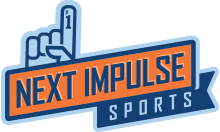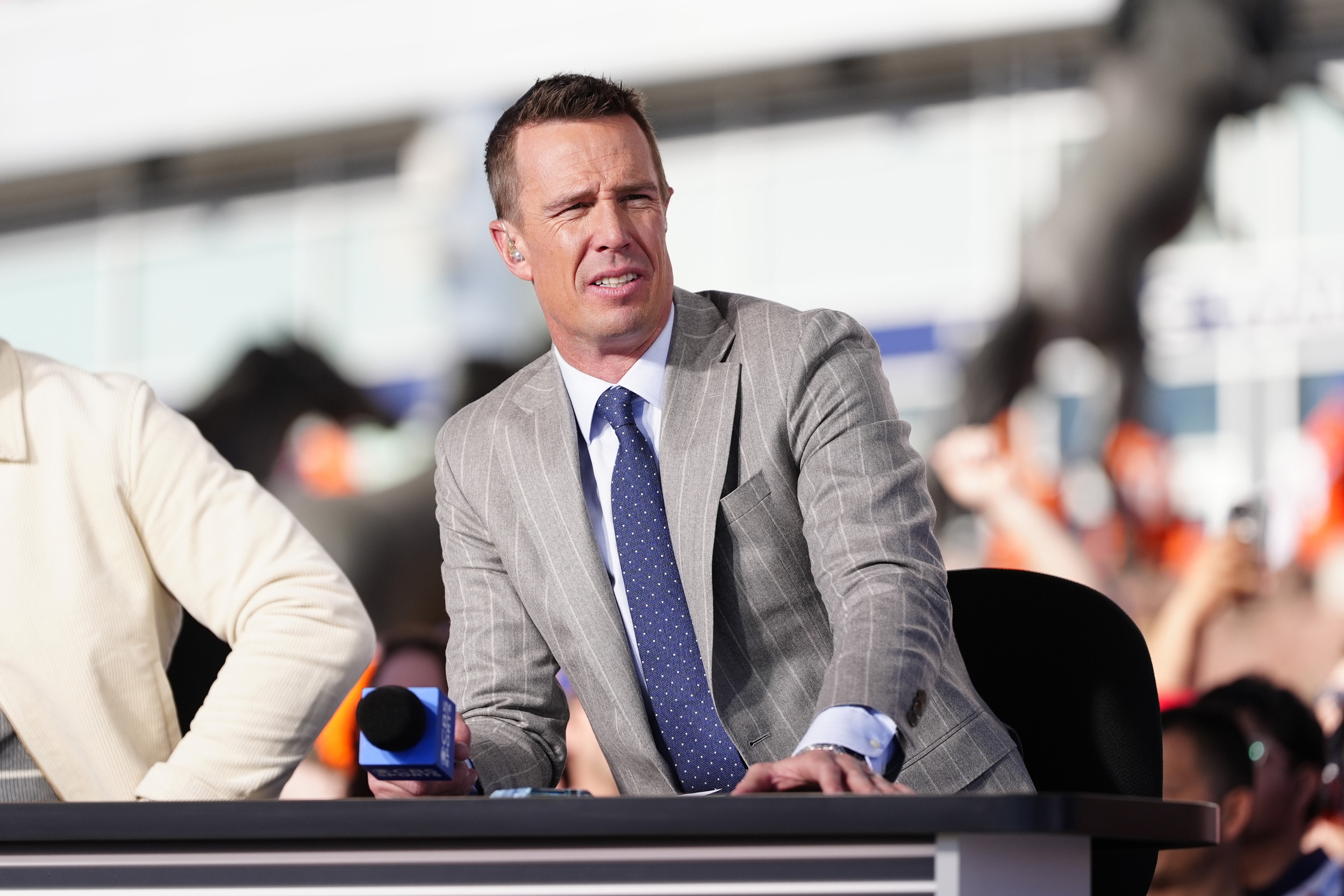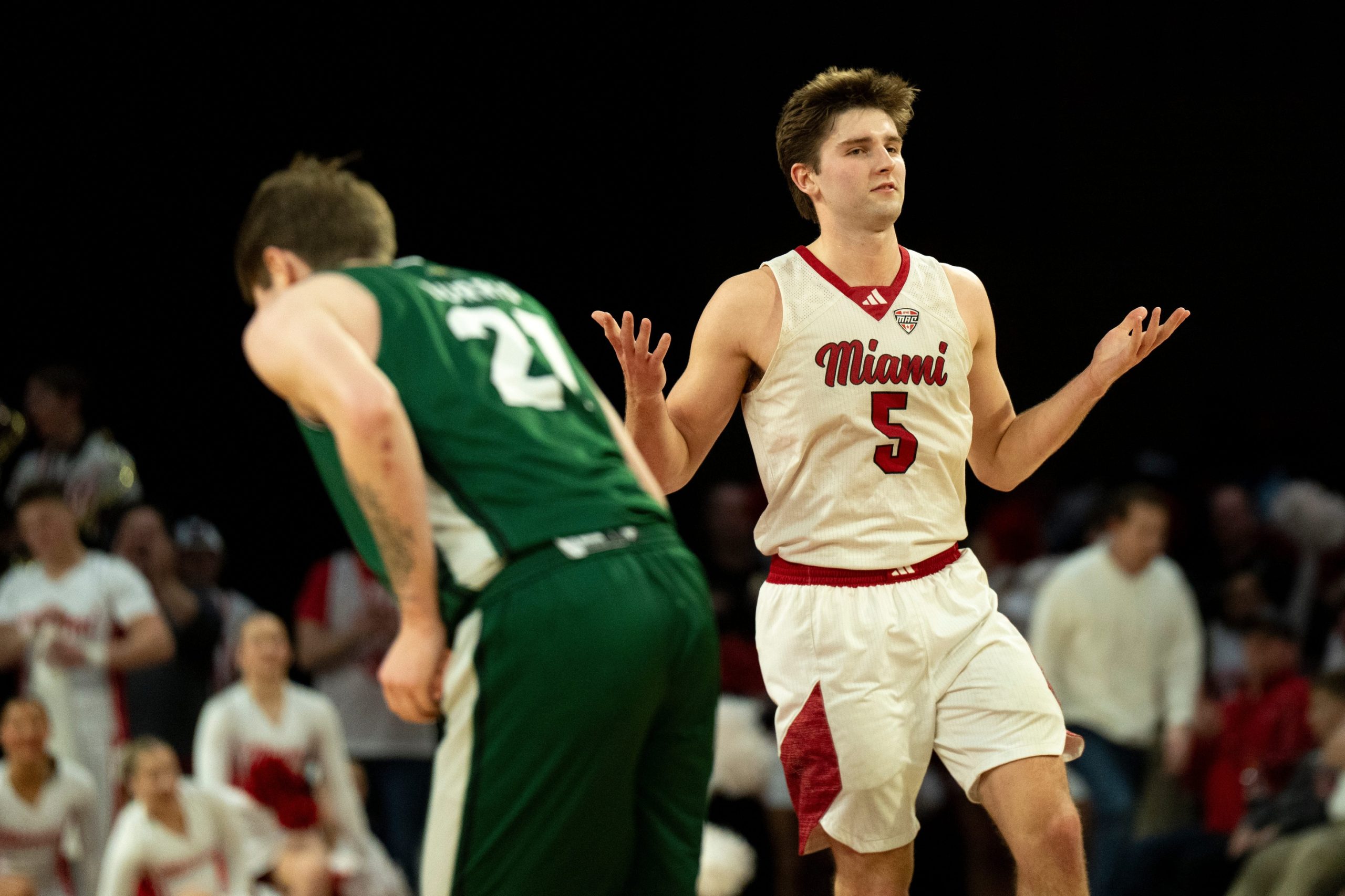This post is written by Adam Juratovac of Athletes LTD.
Adam is currently a football coach at Palo Alto high school and attorney. He is a 4-year Academic All-Conference selection from the University of Idaho and an Arena Bowl XXIII Champion. He is using his athletic and legal background to build an support system for athletes through AthletesLTD.com.
Athletes are one of the most influential groups in American society. We are arguably the most under-tapped and underestimated group of influencers because remaining quiet is what is expected from us. We’re not supposed to be vocal about controversial issues or make political statements–we’re supposed to remain quiet and do our jobs. Professional sports is a business where publicity and our acts both on and off the field are calculated into our value as players. When we act agreeable we are praised as role-models, when we act out we get belittled as “typical athletes.” It is easy for us to remain silent on hot button issues because we don’t want to jeopardize our careers when there is another “hungry shark” behind us waiting for us to slip up and become dinner. Throughout our careers we have been told where to go, what to do, and where to be and we comply because that is our job. But the line must be drawn when we feel we can’t remain silent. There is precedent for this in history–from Jesse Owens showing up Hitler by winning 4 gold medals at the 1936 Olympics to the 1968 Olympic Black Power Salute to 2014 and basketball players wearing “I can’t breathe” t-shirts.
President Obama has said that more athletes should speak out and speak up, and increasingly we are doing this. And some people don’t like it. It’s hard to remain silent when we see injustice happening in our communities and that is precisely because we are so deeply involved with our communities and the people who live and work there. We start our careers playing in and representing our hometowns. We’re not under the radar until we’re playing professional sports, we begin our careers being on the radar of sports fans in our communities. Our influence starts when we begin playing youth sports, it grows as we move on to middle school, high school and collegiate sports, and eventually, we reach the pinnacle of influence when we play professionally. Athletics is a profession where you must put in the time, work, and continually refine your craft for years. Often it’s the members of our communities who are our biggest supporters and motivators. This helps to shape our sense of self and our influential role within our communities. This influence can be within our high school, college, or professional team community, but we all started playing in the park by our house. When we see bad things happening in our communities it affects us personally because of the bond we feel.
We support our communities through mentoring, volunteering, coaching, and by providing hope. Hope that other kids in the same situation can better themselves beyond their circumstances. Belief that they can be like Antonio Robinson and go from being homeless in Miami to earning a college diploma and eventual Super Bowl Championship. Hope that they can be like Marlon Favorite and play for their hometown team to win a BCS Championship and Super Bowl Championship. Drive to achieve what Katie Goldhahn did at Stanford and win an NCAA National Championship. These three athletes are coaching and helping the youth in their hometowns by acting as beacons to show if they could do it, so can the middle school kid with dreams of becoming better, dreams of achieving more. We are the ones who should speak up. We are not politicians but we are close to the pulse of our communities. We feel what they feel, we see what they see, and our families and friends are affected. We don’t forget where we come from and that is why we give back. And why some of us can and should speak out against injustice now.
Follow Adam on Twitter here: @JvacAttack








About Next Impulse Staff
Recent Posts
Matt Ryan breaks silence on Falcons quarterback
"He’s in a good place right now."
Jayden Daniels loves Philly fans
“I love Eagles fans."
Ben Roethlisberger responds to attack on character
"I like to think as we mature and as we grow in our faith."
Tyreek Hill bids Miami farewell
“Major Love to the 305.”
Ja’Marr Chase breaks silence on Bengals
"I’m just stating my opinion on what I think we need."
Miami RedHawks keep rising up
"One of the hardest places to play in all of college basketball."